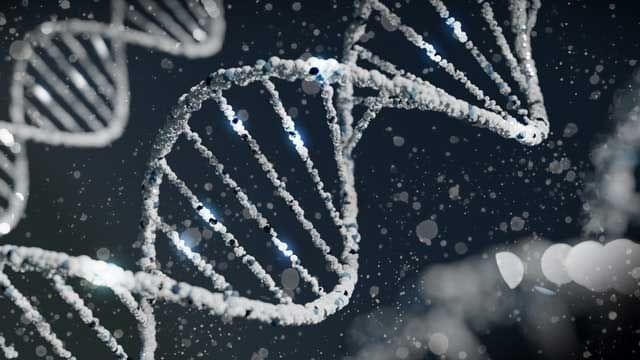Results from early-stage clinical trials show two drugs that target the DNA damage response (DDR) pathway in cancers — ATR inhibitor elimusertib and PARP inhibitor AZD5305 — are safe and clinically beneficial in treating patients with advanced solid tumors. Principal investigator Timothy Yap, M.B.B.S., Ph.D., associate professor of Investigational Cancer Therapeutics, today presented new data from the trials at the American Association for Cancer Research (AACR) Annual Meeting 2022.
“DDR orchestrates a complex network of mechanisms that detects and repairs damage to DNA, such as double strand breaks and replication stress,” Yap explained. “However, when DDR defects occur, it promotes uncontrolled cancer cell growth and enables cells to evade apoptosis. The studies suggest that PARP1-selective and ATR inhibitors, which block two key mediators of the DDR signaling pathway, are a promising class of new drugs that offer significant therapeutic potential for patients with cancers harboring synthetic lethal genomic alterations in DDR pathways.”
Expansion trial of ATR inhibitor shows encouraging clinical activity against DDR defects (Abstract CT006)










Comments are closed.